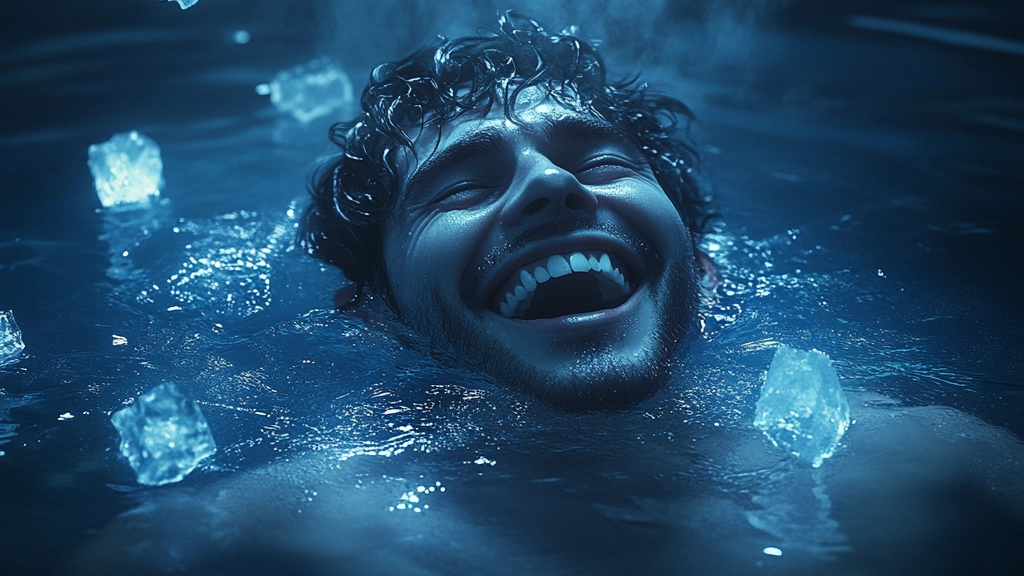The Science of Cold Water Immersion: Potential Health Benefits and Physiological Adaptations

Cold water immersion (CWI) has gained popularity in recent years, with many people claiming various health benefits. This article explores the scientific evidence behind the effects of voluntary cold water exposure on our physiology and health.
The Cold Shock Response
When first immersing in cold water, the body undergoes a cold shock response1, which includes rapid breathing, increased heart rate, elevated blood pressure, and peripheral vasoconstriction. Regular exposure may lead to adaptations that reduce the severity of this response.
Cardiovascular Adaptations
Research suggests potential cardiovascular benefits from regular cold water exposure, including:
- Reduced apolipoprotein B/apolipoprotein A1 ratio
- Lower plasma homocysteine levels
- Decreased markers of oxidative stress
- Increased paraoxonase-1 activity
These changes indicate that regular CWI could positively impact heart health, though more research is needed to fully understand the long-term effects.
Metabolic Effects and Brown Adipose Tissue
Cold exposure activates brown adipose tissue (BAT), which burns energy to produce heat. Studies suggest that regular cold exposure may:
- Increase insulin sensitivity
- Reduce insulin resistance
- Potentially aid in weight management
These effects could have implications for metabolic health and obesity prevention, but more research is required to confirm long-term benefits.
Immune System and Stress Response
Evidence suggests that regular cold water immersion may influence the immune system and stress response, with potential improvements in handling oxidative stress and alterations in the release of stress hormones and neurotransmitters.
Individual Variability and Safety Considerations
Responses to cold water immersion can vary significantly between individuals, influenced by factors such as age, gender, body composition, and previous cold exposure experience. Safety should always be a top priority, especially for those with pre-existing heart conditions or who are unaccustomed to cold exposure.
Conclusion
While research on cold water immersion is promising, caution and awareness are essential. The potential benefits to cardiovascular health, metabolism, and stress resilience are intriguing, but more long-term studies are needed. If considering incorporating cold water exposure into your routine, start gradually and consult with a healthcare professional, especially if you have underlying health conditions.
References: